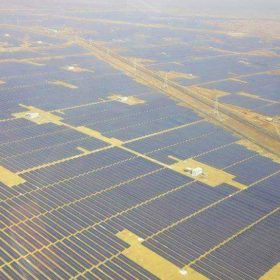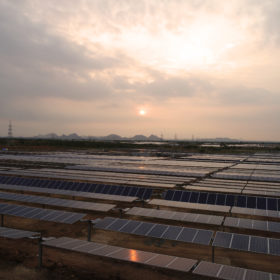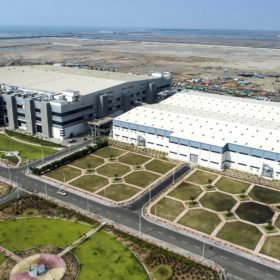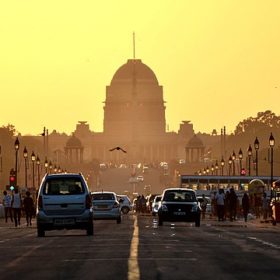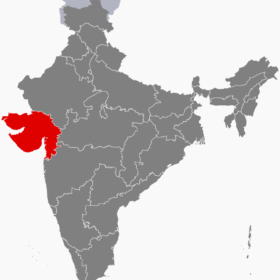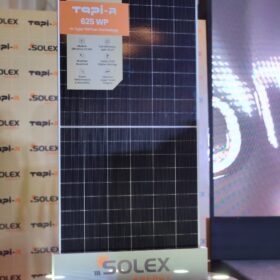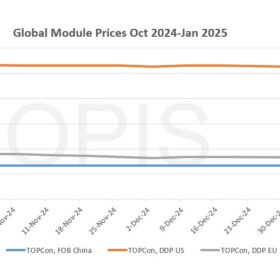Making India’s solar sector resource efficient
By adopting resource efficiency measures, the Indian PV solar manufacturing sector can reduce its material requirement from an estimated 12 million tons to 8.2 million tons by 2030. The resource-efficient approach will also increase efficiency to more than 30% from 6% in 2018, according to a study conducted under the European Union’s Resource Efficiency Initiative (EU-REI) Project.
Solar-Log makes debut in India
German solar monitoring company SDS has announced a strategic partnership with developer iPLON India. The established Solar-Log system will help India’s drive to raise quality standards in PV.
Ensuring quality will bring “reputation, prestige” to Indian PV
“Profitable yet risky”: This was one of the findings of a recent study, released in July, conducted by PI Berlin on behalf of Germany’s National Metrology Institute (PTB) when examining six Indian PV projects from the viewpoint of project quality. The report’s author Asier Ukar spoke to pv magazine in advance of his presentation on the subject at the Quality Roundtable at the Renewable Energy India conference next week.
SECI extends 3 GW manufacturing-linked solar auction by two weeks
After a pre-bid meeting with solar power developers on September 6, India’s Solar Energy Corporation of India (SECI) is looking to amend the tender document, which it hopes to upload to its website in the coming days, following approval from the ministry, according to a SECI spokesperson.
Greenko calls off plan to buy Orange Renewable
Hyderabad-based renewable energy major Greenko Group has abandoned plans to buy AT Capital-backed Orange Renewable.
Suzlon partners with CLP for 70 MW solar capacity in Maharashtra
CLP India will acquire a 49% stake in Suzlon’s 50 MW and 20 MW solar projects in Dhule, Maharashtra. These two projects were won by Suzlon through competitive bidding in auctions by the Solar Energy Corporation of India Limited (SECI). As per the power purchase agreement signed, the tariff rate is fixed for 25 years at 4.115 INR/kWh for 20 MW and 3.66 INR/kWh for 50 MW.
Industry reacts to 25% duty; developers to cough up extra $ 72 million
From cheer to gloom, the Indian solar industry has had mixed reactions to the Supreme Court’s interim order lifting the stay on imposition of 25% safeguard duty on imported solar cells and modules.
India’s Supreme Court allows imposition of 25% duty on solar imports – reports
In a significant move, which will greatly impact India’s solar industry, the country’s Supreme Court has reportedly given the go-ahead for the government to impose 25% safeguard duties on imports of PV cells and modules. The levy will be effective July 30, 2018.
India’s first solar bike track corridor to open next March
India’s first solar bicycle track corridor, which is set to generate around 6 MW of clean power daily, is scheduled to be operational in March 2019. Covering 12 km, the corridor will stretch from Mubarka Chowk to Wazirabad in New Delhi’s Outer Ring Road.
500 MW Gujarat solar tender oversubscribed 4 times
Gujarat Urja Vikas Nigam Limited (GUVNL)’s re-tender of the annulled 500 MW grid-connected solar PV tender has been oversubscribed by almost four times. Technical bids aggregating 1,925 MW have been submitted against the tendered capacity of 500 MW.




